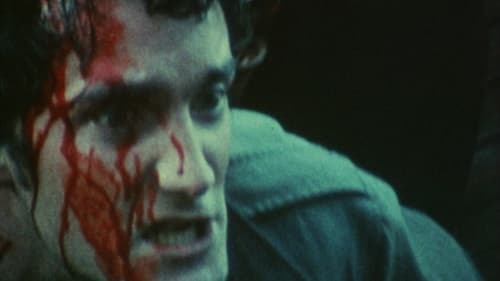
Original Story
An exhausted militant wants to take a break from the incessant frenzy surrounding him. His country’s dictatorship is on its last legs and chaos reigns. His wife Sylvie leaves their country for France. She writes about the new democracy struggling to be born back home. His daughter Joyce must hide out in the deserted childhood home in the solitude and infinity of the Black Beach. Several adversaries – the militia of a hazy regime in his native land and the Paris police – wage a strange game of chess in which he is the pawn. Threats abound and he’s haunted by his past, his fears, dead friends. He has three allies: his wife, his daughter, and an old girlfriend from his fighting days.

Writer
The man is seated in the compartment. Alone, he speaks to Lise through his memory. He goes towards the sea. It’s the goal of the travel. There in this big house with a view on the waves, despite Lise not being there, despite her death, he sees her, he is with her.

Narrator (voice)
French essay film focusing on global political turmoil in the 1960s and '70s, particularly the rise of the New Left in France and the development of socialist movements in Latin America.

Himself (archive footage)
An affectionate portrait of the left-wing publisher and bookshop owner François Maspero, who was a contributor to Far From Vietnam and would later publish the commentary to Le Fond de l’air est rouge. Maspero is one of the most satisfying and likeable of Marker’s films from this period, achieving an exemplary balance of quirky human warmth with a clear and inventive form of political argument.



